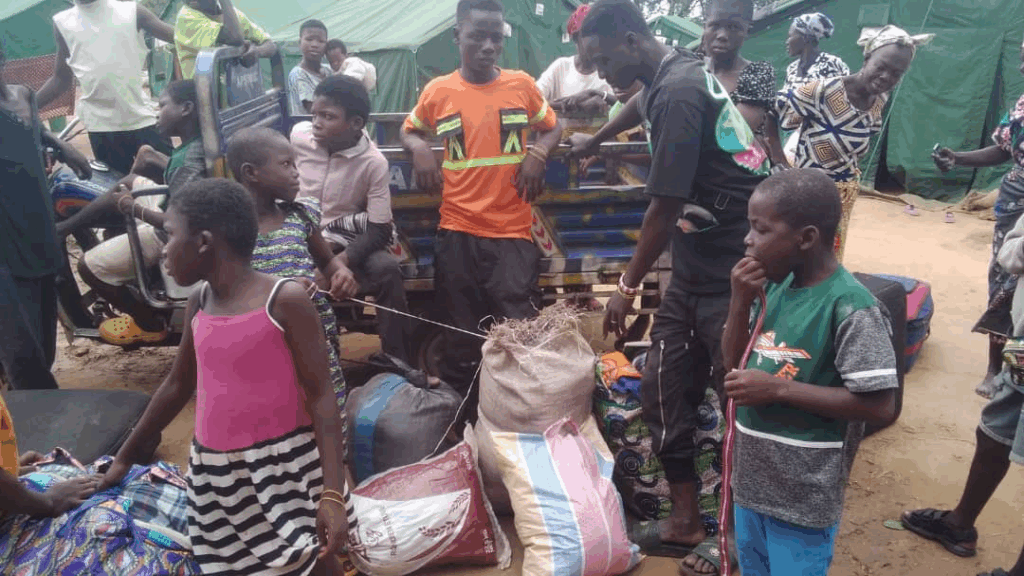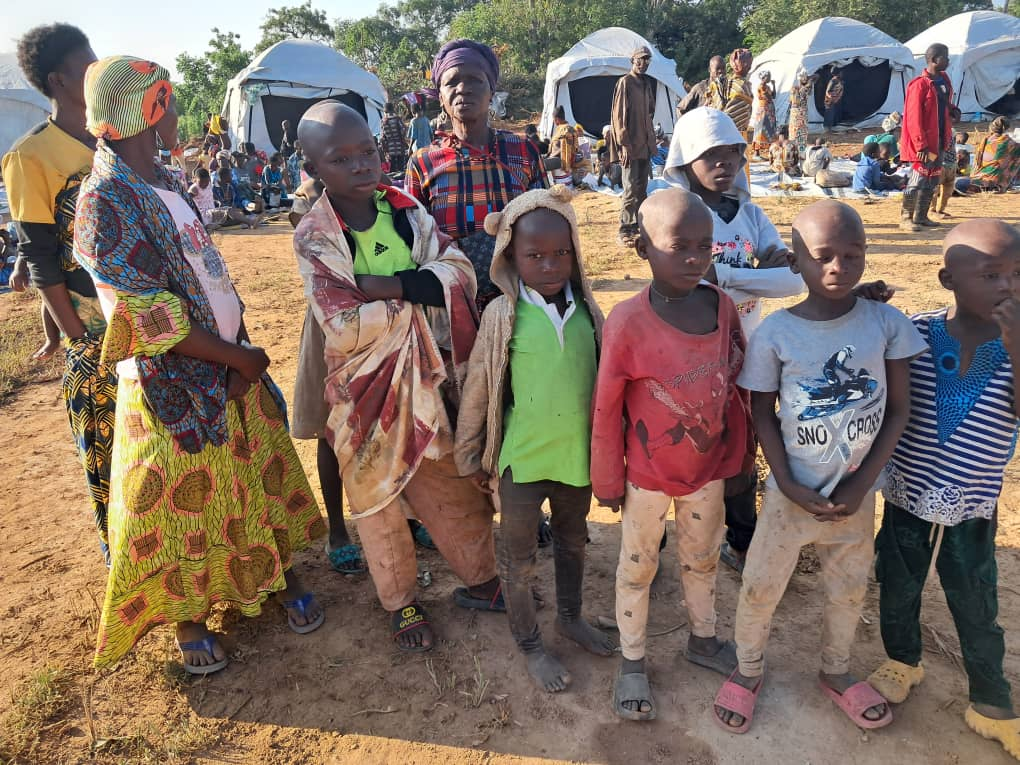
As tensions from the Gbinyiri conflict linger, many widows are left grappling with unimaginable loss, mourning their husbands while struggling to provide for their children in the face of displacement and despair.
Speaking to JoyNews from their temporary shelter at the Sawla-Tuna-Kalba camp in the Savannah Region, several widows shared their harrowing stories of survival, having lost not only their homes and livelihoods but also their partners, who were their main source of support.
One of them, 52-year-old Yiriwelle Vien, the senior of three co-wives, now bears the weight of caring for 24 children after the brutal killing of their husband, 62-year-old Sansah Aasog, in the early hours of the bloody clashes in Gbampe, a suburb of the Bole District.
Trying to hold back tears, Madam Yiriwelle recounted how her husband’s compassion cost him his life.
“The day the conflict started, everybody ran into the bush, but one of my brothers-in-law was bedridden and was in the room. So my husband returned to be by him,” she recalled.
While hiding, they received devastating news. “We received bad news from home, and when we rushed back, we saw our husband lying dead in a pool of blood. But his indisposed brother was still alive,” she said softly.
When asked whether her husband had any disputes with those who attacked him, she firmly denied it.
“No, because he was one person who respected a lot and did not interfere in other people’s matters. I believe he was killed simply because of his sick brother,” she said.
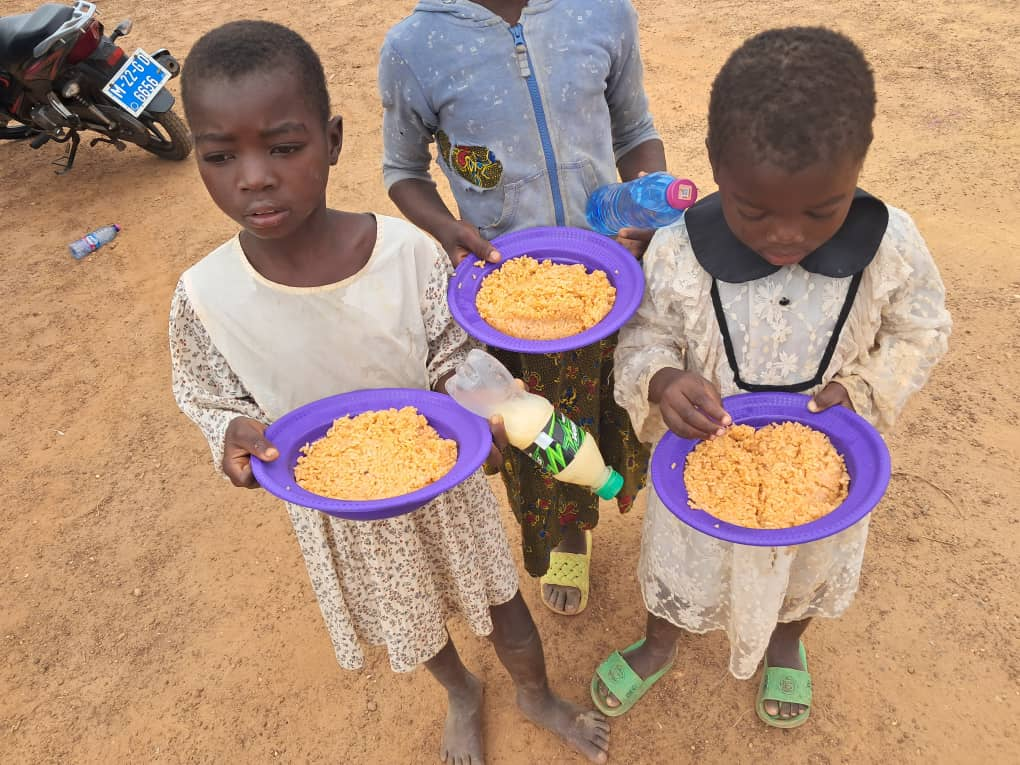
Conflict Rooted in Land Dispute
The violence erupted on Saturday, August 23, 2025, following a disagreement between two residents over a ten-square-metre piece of land allegedly sold to both parties. The dispute was referred to the local chief, but his ruling reportedly angered one side, sparking clashes that quickly escalated.
By Sunday, August 24, the unrest had spread into the Bole District, leaving five people dead in Sawla-Tuna-Kalba, several others with cutlass wounds, properties destroyed, and thousands displaced.
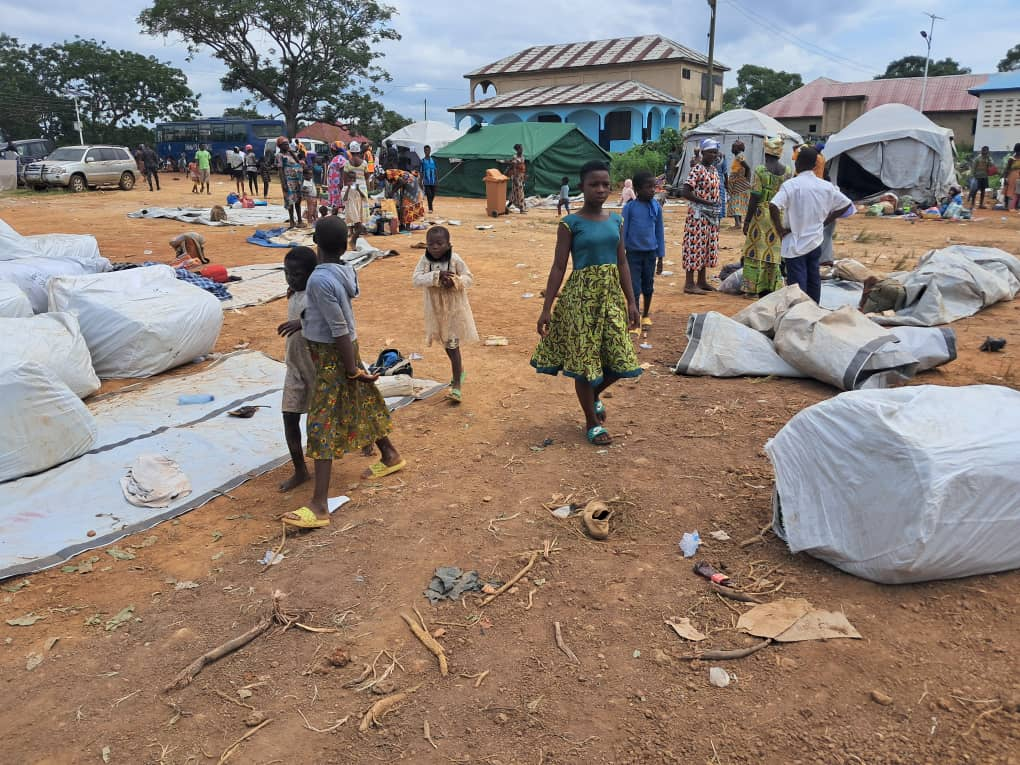
Life in Ruins
Madam Yiriwelle said her husband, who had no involvement in the dispute, was “wickedly sacrificed for a crime he knew nothing about.”
“I don’t even have an idea how to face life with all these people because apart from what we are wearing, we don’t have anything to call our own,” she said, visibly distressed.
Before the tragedy, their late husband was a commercial farmer, cultivating several hectares of cereals, tubers, and cashew, along with livestock. Now, all of that is beyond reach.
“Everything will be stolen or destroyed because we don’t even know how safe it is for us to go and take care of it,” she lamented.
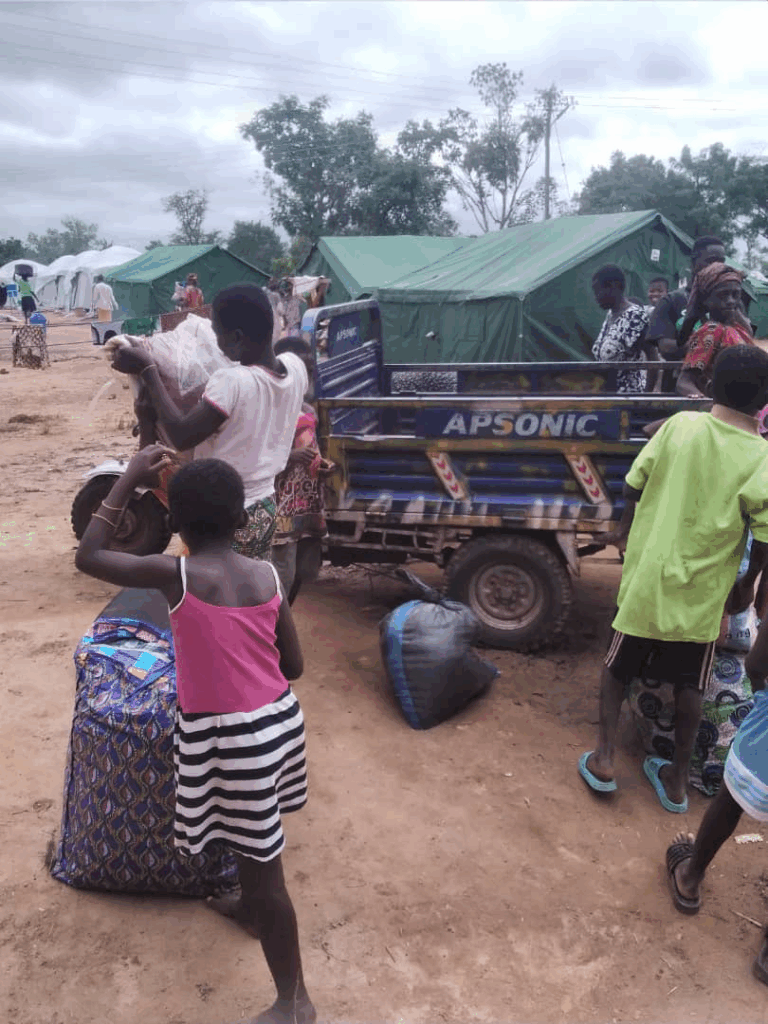
The heartbreaking story of Madam Yiriwelle and her co-wives mirrors the reality of many widows in the region — women who are now left to fend for their families, some without even knowing whether their missing husbands are alive or dead.
For them, the conflict has not only taken lives but also stripped away their sense of security, leaving one haunting question: “How do we feed our family?”
